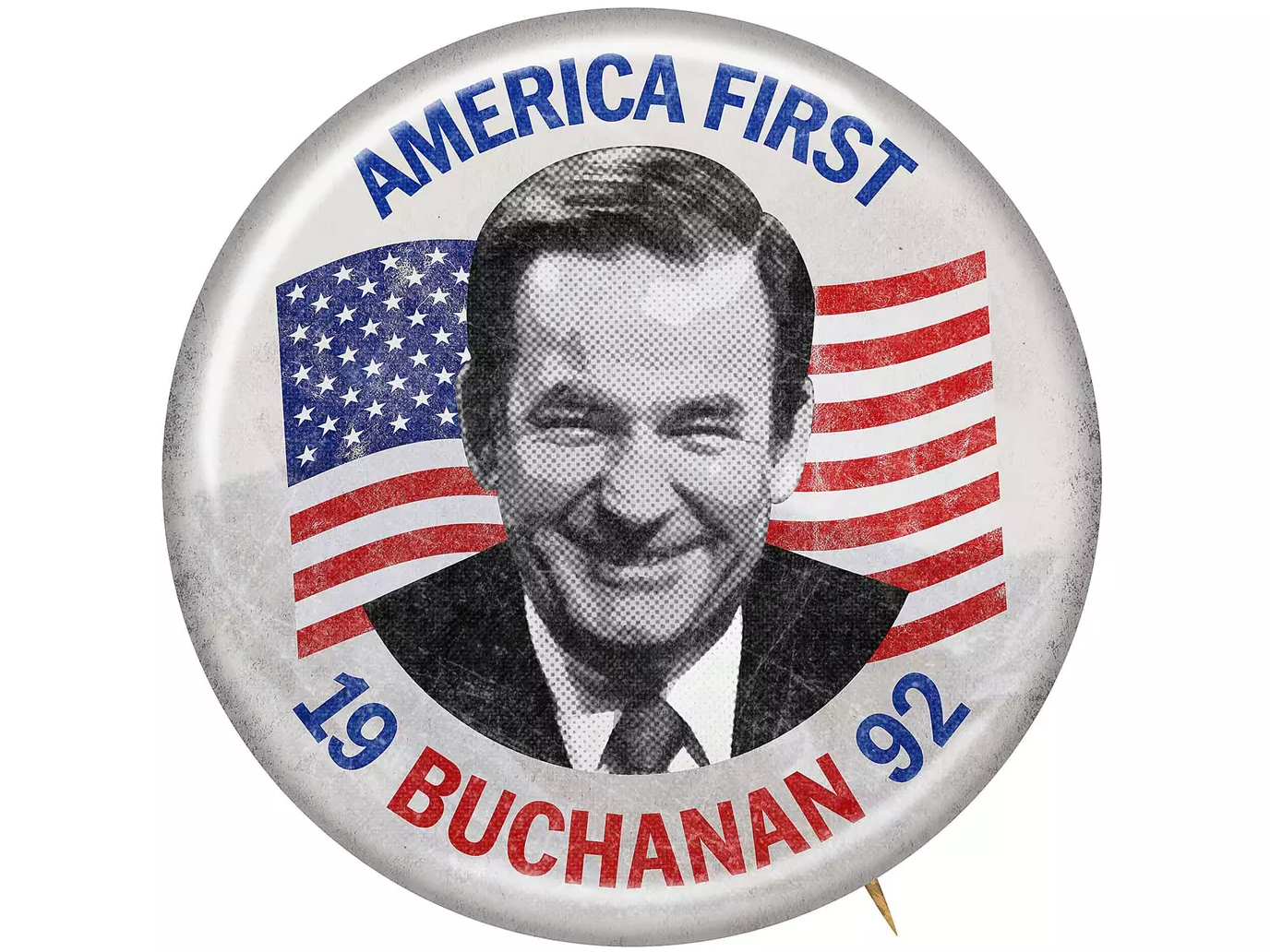
(RNS) — In recent days, a few journalists have noticed that conservative religion in America is on the back foot.
In a New York Times article published Friday (Sept. 13), reporters Elizabeth Dias and Ruth Graham found evangelical Christian activists notably discouraged. Despite significant judicial and legislative victories on abortion and religious liberty, they see no sign of the country abandoning its increasingly secular ways.
Meanwhile, Times columnist Ross Douthat weighed in on the spreading incrementalism taking place in conservative Catholic circles in the face of overwhelming popular support for abortion rights. The “pro-life realists” are saying it’s time the anti-abortion movement pulled in its horns.
Here at RNS, Mark Pinsky discussed the diminished political presence of Paula White, the charismatic Christian televangelist who prayed at Donald Trump’s 2017 inauguration and his 2019 reelection announcement rally, oversaw his White House faith advisers and headed his office of faith-based outreach. When it comes to female sidekicks these days, Trump seems to prefer the conspiracy-mongering internet celebrity Laura Loomer.
To be sure, there’s still plenty of faith-based conservative action at the state level. Defenders of hard-line anti-abortion laws in Arizona, Florida, Missouri and elsewhere have been doing their best (with limited success) to prevent referendums guaranteeing abortion rights from coming to a vote. Mandatory posting of the Ten Commandments and Bible-teaching have been enacted in Texas and Oklahoma respectively.
And if Donald Trump has stopped emphasizing religion on the campaign trail, it’s not as if he’s shut down his lines of communication with evangelical followers. A day before his debate with President Joe Biden in June, Trump phoned in to a prayer call of the National Faith Advisory Board, a “collaboration of faith-based leaders and organizations” that White created five years ago — and he did the same a day before his debate with Vice President Kamala Harris.
“Every day she’s flooding our country with millions and millions of criminal illegal aliens and wants to make them citizens,” he said. “She wants to have them vote, which will destroy the voting powers of Christian conservatives forever and once that starts happening and once you get those numbers involved you lose everything that you have.”
In fact, illegal migrants to the U.S., coming mostly from Latin America and the Caribbean, are overwhelming Christian — more Christian than the American population and religiously conservative to boot. In re: Springfield, Ohio, that goes especially for Haitians, of whom more than 90% are Christian.
It should come as no surprise that Trump, or whoever wrote his remarks, understands that evangelical activists need some persuading that immigration represents a threat to the conservative Christian way of life: Thanks to their missionary and other outreach efforts, many American evangelicals see non-Americans, especially Latin Americans and Africans, as spiritual partners.
So why not welcome them to America? In the litany of issues laid out in “Listen, America,” his 1980 manifesto for the Moral Majority, Jerry Falwell Sr. did not mention immigration, illegal or otherwise, as a threat to U.S. conservative Christianity. The nascent religious right he did so much to create hitched its political wagon to Ronald Reagan, who famously believed in permeable borders.
As Reagan put it in his farewell address, describing his oft-repeated image of the shining city upon a hill, “And if there had to be city walls, the walls had doors and the doors were open to anyone with the will and the heart to get here.”

An America First button from the 1992 Pat Buchanan campaign. (Courtesy image)
But a different conservative movement made a place for itself in Republican Party politics in 1992, when former Nixon speechwriter Pat Buchanan challenged Reagan’s successor, George H.W. Bush, for the GOP presidential nomination. Buchanan ran a populist campaign with the old isolationist slogan “America First” and a staunchly anti-immigrant message pushed on the ground by his Pitchfork Brigades.
“I am calling attention to a national disgrace,” Buchanan told reporters during a visit to the U.S.-Mexico border. “The failure of the national government of the United States to protect the borders of the United States from an illegal invasion that involves at least a million aliens a year. As a consequence of that, we have social problems and economic problems. And drug problems.”
The Buchanan campaign revived the American nativist tradition, harking back to the Know Nothings of the 1850s — white working-class Protestants who opposed Catholic immigration from Ireland and Germany partly out of economic anxiety. Sound familiar?
Buchanan kept his movement going in the 1996 and 2000 campaigns but it was the tea party that gave it fresh legs. Arriving in the wake of the Great Recession, tea partiers put economic concerns front and center, but anti-immigrant sentiment also fueled their populist activism. The latter included post-9/11 animus against Muslims, which took hold in the Republican Party after George W. Bush (who kept Islamophobia at bay) left office.
Running for president in 2016, Donald Trump took up the Buchananite banner of anti-immigrant isolationism, in due course joining it to the religious right by choosing Mike Pence as his running mate and pledging to appoint Supreme Court justices who would overturn Roe v. Wade. When Trump’s Supreme Court appointments made good on the pledge, he locked in the support of conservative Christians.
But in post-Roe America, MAGA is proving to be more nativist than Christian, more America First than shining city on a hill. Somewhere, the Know Nothings are smiling.
Source link




